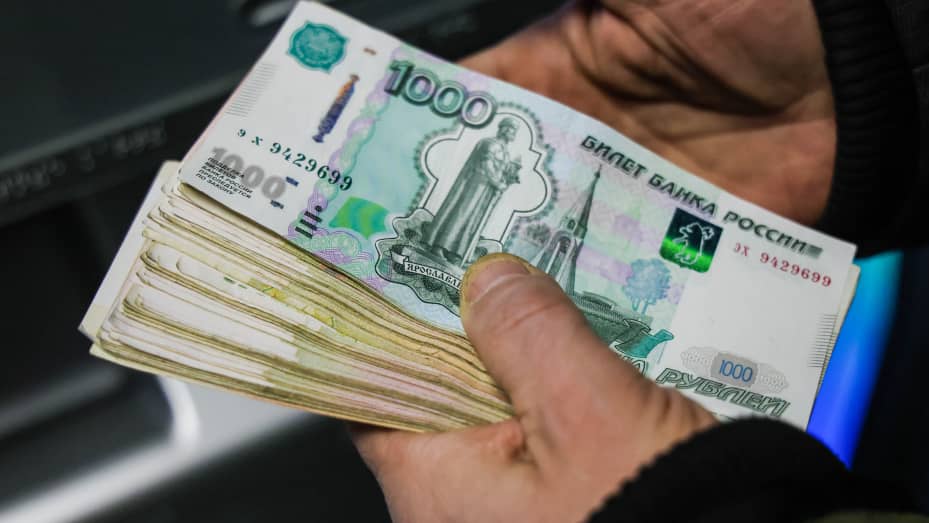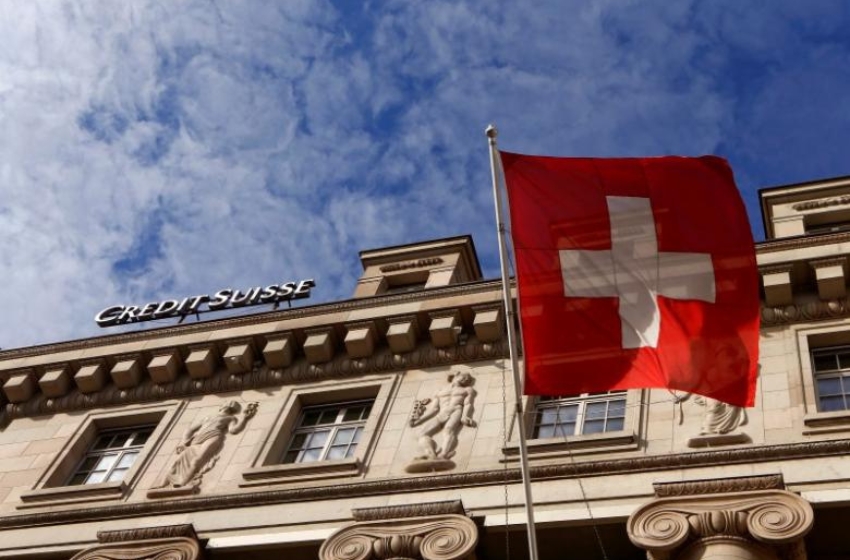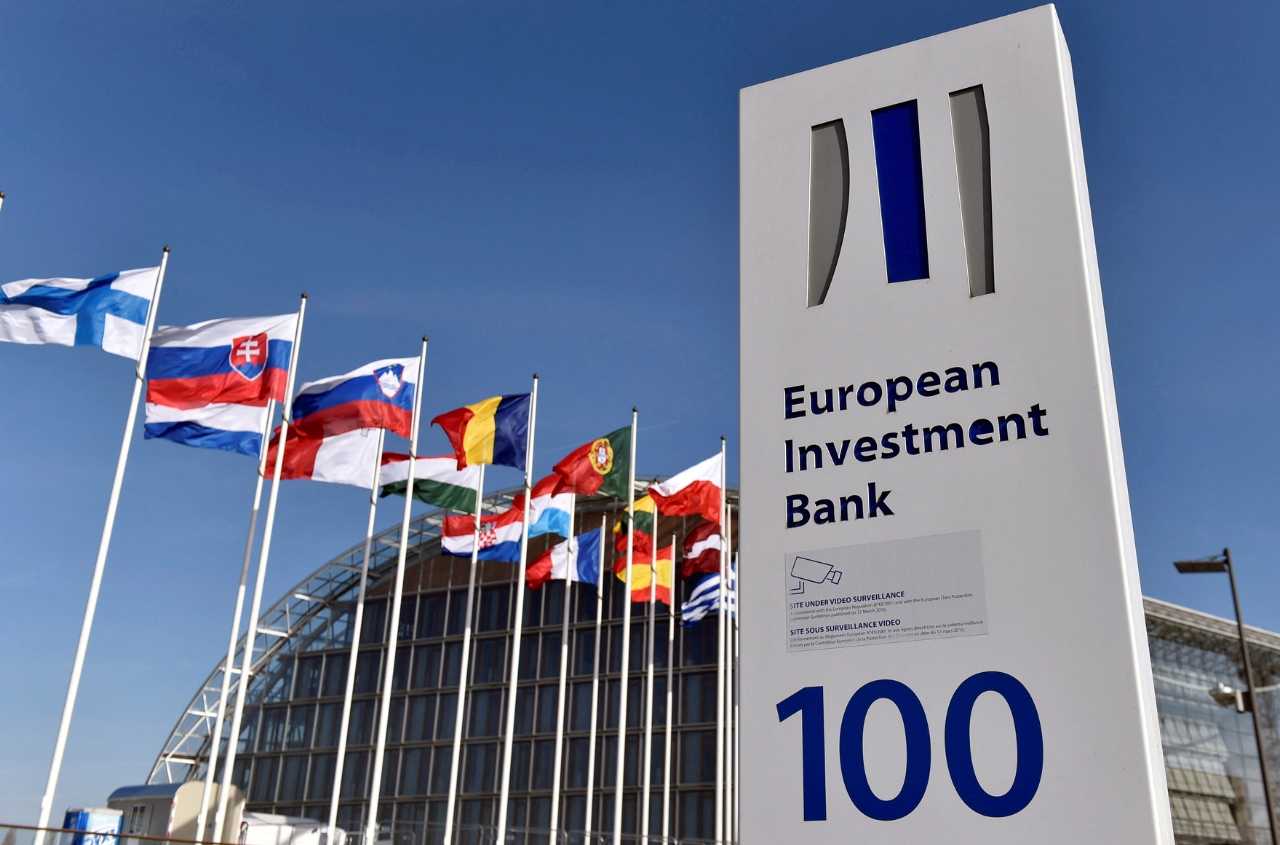Some Swiss banks, as before, are willing to accept ruble transfers from clients, despite the tightening of conditions for banking services for Russians in this country. This may include transfers of $10 million or more, subject to special prior approval.
Forbes Russia reported this information.
It is noted that last year Swiss banks, including the largest ones like UBS and Credit Suisse, intensified their work with clients holding Russian passports: they faced the threat of account blocking if they paid taxes in Russia or had business in Russia.
The reason for this was the tightening control over the implementation of sanctions. This year, banks began to close accounts for people with dual citizenship if one of the passports is Russian.
However, clients of Swiss banks, including the top 10, still manage not only to keep their accounts but also to transfer rubles to them, according to four interviewees cited by the publication.
An employee of a family office in Moscow explained that with one of the banks, it's possible to transfer rubles if it involves a sum of $10 million or more. These transfers, he says, take place with special prior approval - the client needs to call their relationship manager, who then coordinates the transfer within the bank with compliance experts (responsible for ensuring the bank's compliance with all regulatory requirements and legislation).
According to the interviewee, after the ruble transfer to the bank, the money is exchanged into foreign currency at the exchange rate, while the bank charges a commission - usually around 0.2-0.4% of the transaction amount.
Moreover, the client is required to place the transferred money in the same bank. Each deal is "individually considered," and there are cases of refusal, for example, if the source of the funds is agreements with state-owned companies or the state itself, the publication's source added.
"The conversion rate of the transferred rubles is market-based, and the bank's commission is 0.5% of the deal," said an investment consultant speaking on the condition of anonymity.

"Such deals are available for existing clients, for whom compliance experts had no questions," he added.
However, all the respondents of Forbes Russia declined to name the Swiss banks currently conducting ruble transactions, citing that such operations are "not advertised."
An employee of a family office added that it's at least two banks out of the top 10 in Switzerland. Two Forbes respondents - an investment consultant and an employee of one of the Swiss companies - reported that UBS and Credit Suisse used to conduct such transfers in the past.
But, according to an employee of a Swiss company, they have now stopped doing so. Another Forbes interviewee, working in consulting with wealthy Russian clients, heard that Vontobel bank conducted such transfers.
The publication reminds that Switzerland joined all European sanctions against Russia, including supporting the disconnection of several major Russian banks from SWIFT and the ban on importing cash euros and Swiss francs into Russia.
However, ruble transfers are not officially prohibited if they do not involve dealings with sanctioned individuals and companies, said Sergey Glandin, a partner at the Russian law firm BGP Litigation.
"This is a question of the toxicity of ruble transfers in and of themselves. Each bank makes a business decision whether it needs it or not," said the Russian lawyer.





















